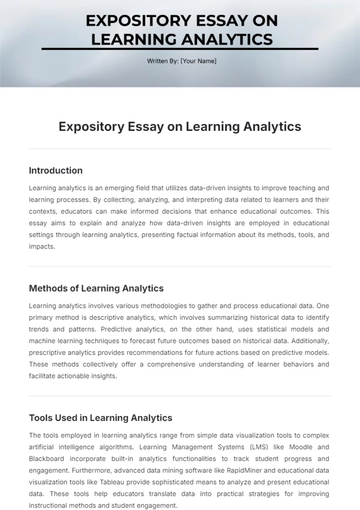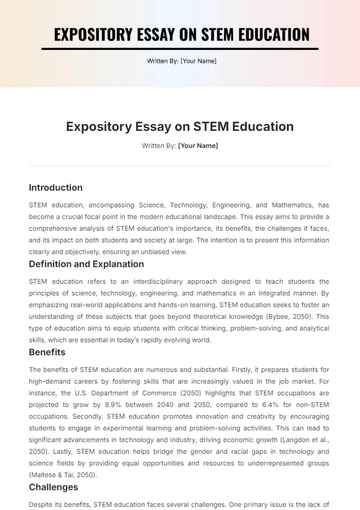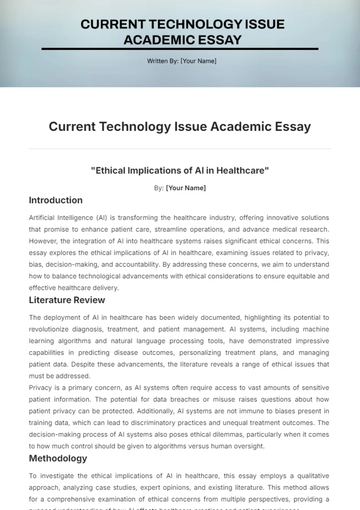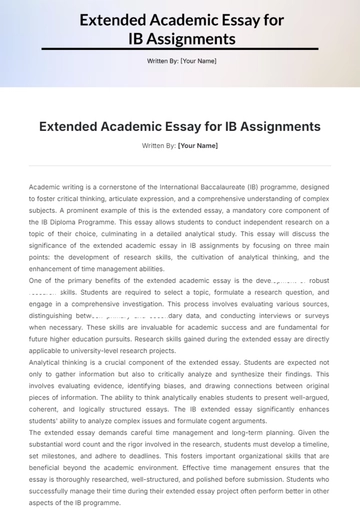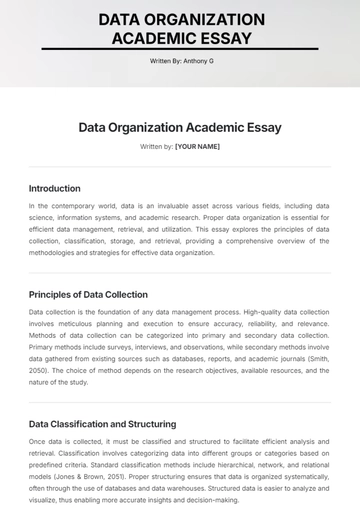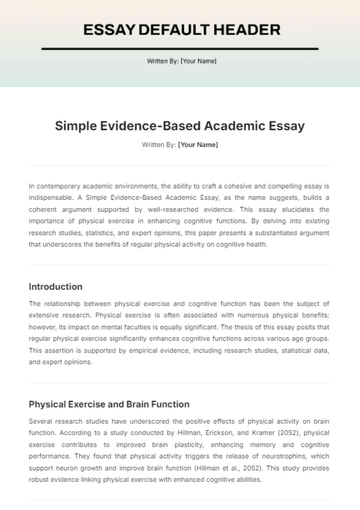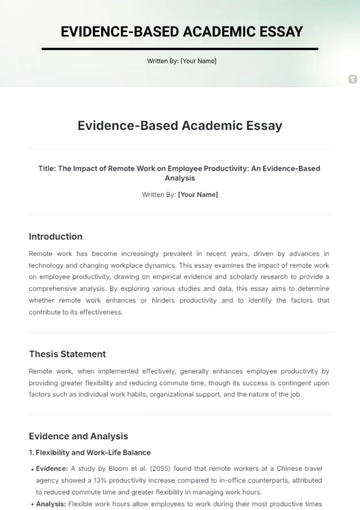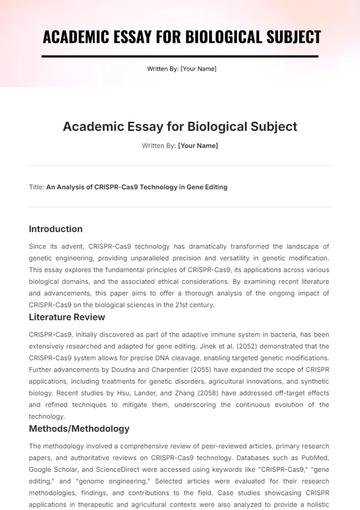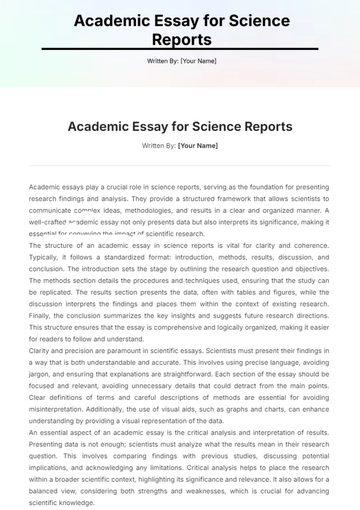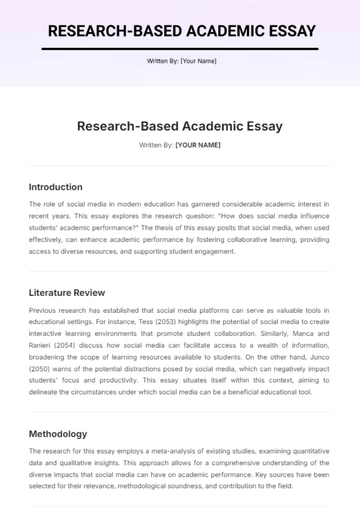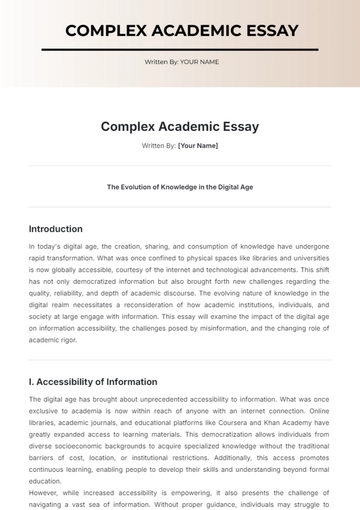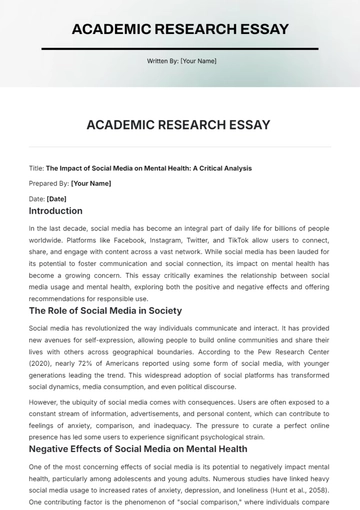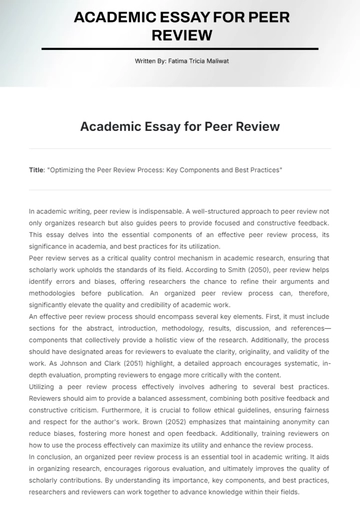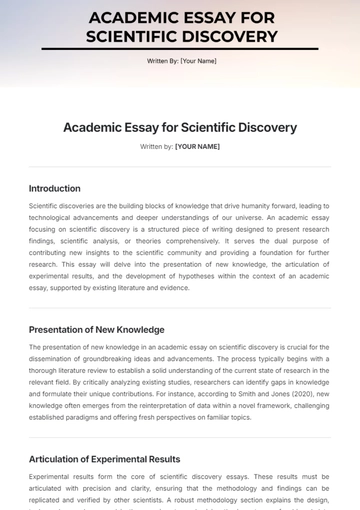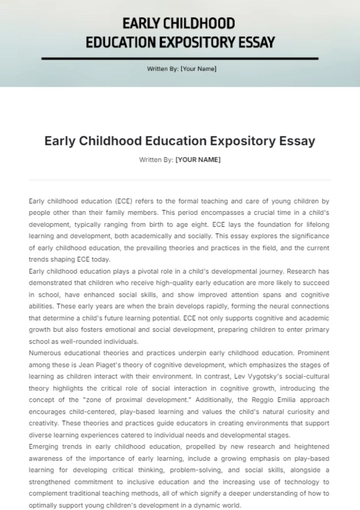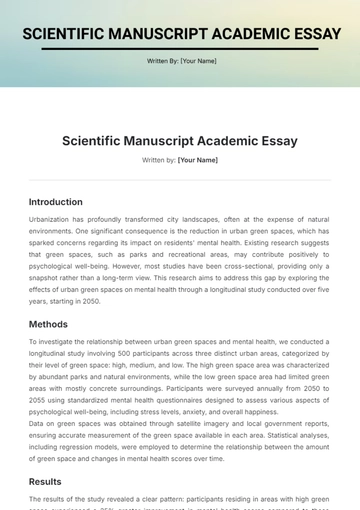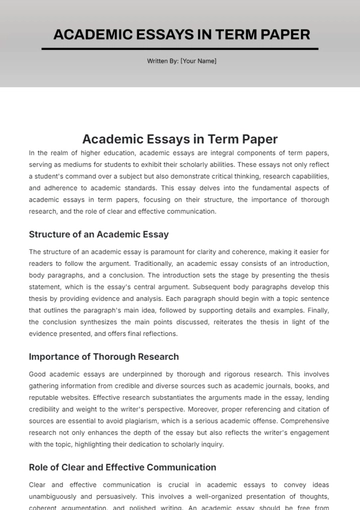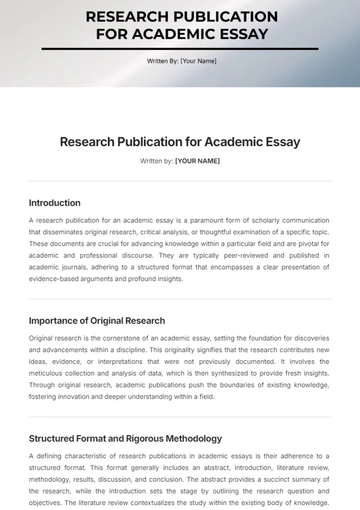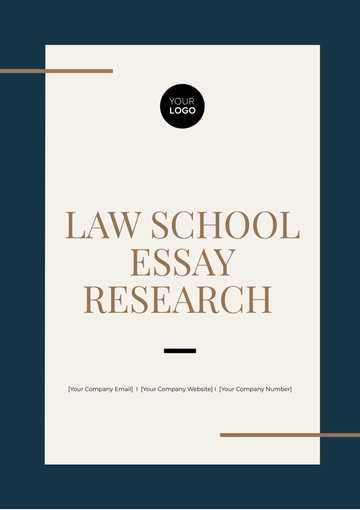Free Simple Evidence-Based Academic Essay
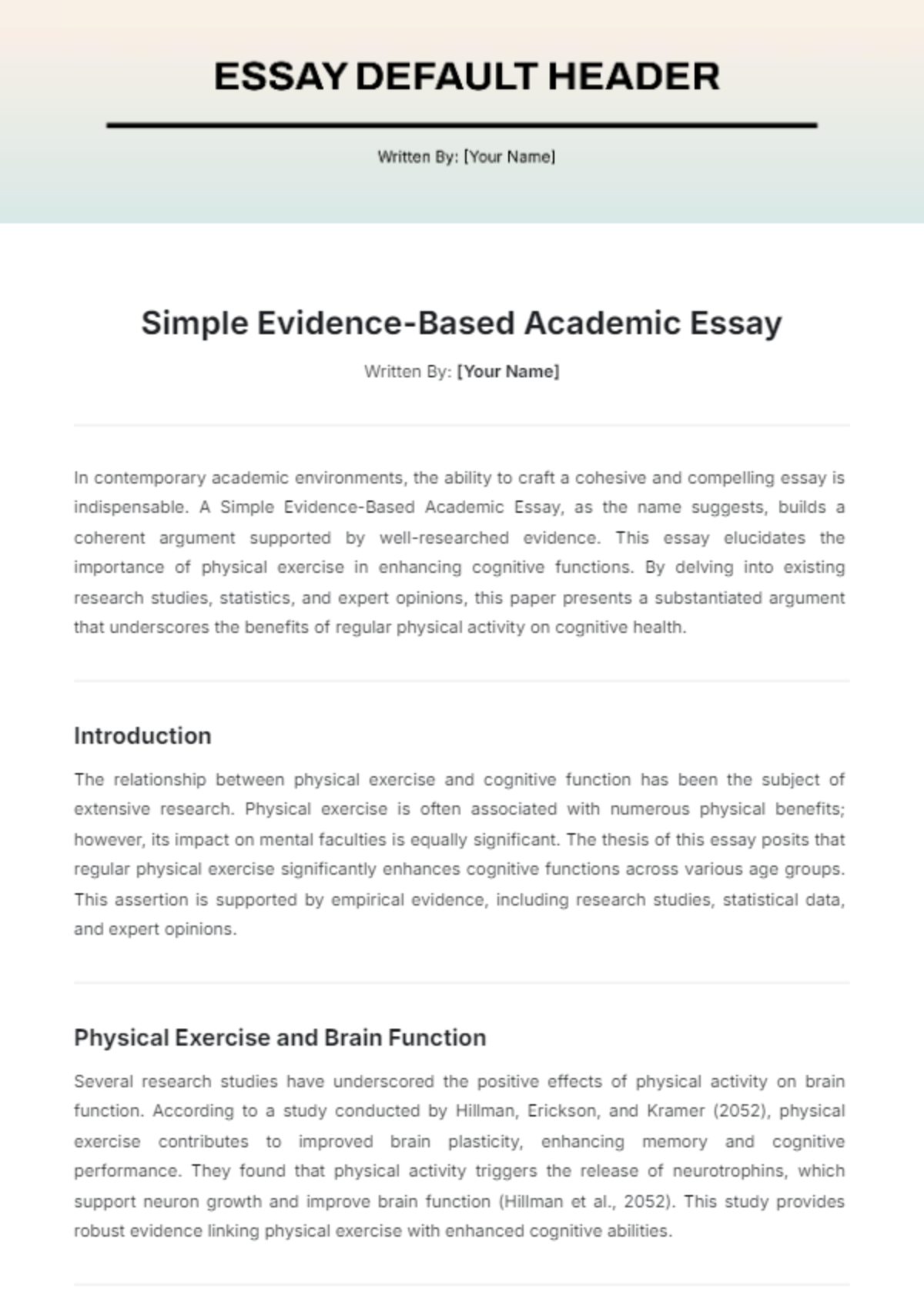
Written By: [Your Name]
In contemporary academic environments, the ability to craft a cohesive and compelling essay is indispensable. A Simple Evidence-Based Academic Essay, as the name suggests, builds a coherent argument supported by well-researched evidence. This essay elucidates the importance of physical exercise in enhancing cognitive functions. By delving into existing research studies, statistics, and expert opinions, this paper presents a substantiated argument that underscores the benefits of regular physical activity on cognitive health.
Introduction
The relationship between physical exercise and cognitive function has been the subject of extensive research. Physical exercise is often associated with numerous physical benefits; however, its impact on mental faculties is equally significant. The thesis of this essay posits that regular physical exercise significantly enhances cognitive functions across various age groups. This assertion is supported by empirical evidence, including research studies, statistical data, and expert opinions.
Physical Exercise and Brain Function
Several research studies have underscored the positive effects of physical activity on brain function. According to a study conducted by Hillman, Erickson, and Kramer (2052), physical exercise contributes to improved brain plasticity, enhancing memory and cognitive performance. They found that physical activity triggers the release of neurotrophins, which support neuron growth and improve brain function (Hillman et al., 2052). This study provides robust evidence linking physical exercise with enhanced cognitive abilities.
Statistical Evidence of Cognitive Improvement
Statistical data further supports the correlation between physical exercise and cognitive enhancement. A meta-analysis by Smith et al. (2054) examined various studies on the impact of aerobic exercise on cognition. The analysis revealed that regular aerobic exercise significantly improves attention, processing speed, and executive function in both young and older adults (Smith et al., 2054). These statistics provide strong empirical support for the thesis that physical exercise enhances cognitive functions.
Expert Opinions on the Cognitive Benefits of Exercise
Expert opinions also corroborate the positive relationship between exercise and cognitive health. Dr. John Ratey, a renowned psychiatrist and professor at Harvard Medical School, asserts in his book Spark: The Revolutionary New Science of Exercise and the Brain (2051) that exercise is crucial for optimal brain performance. He emphasizes that exercise improves mood, memory, and learning by stimulating various brain functions (Ratey, 2051). Such expert opinions are invaluable in emphasizing the cognitive benefits of physical exercise.
Conclusion
In conclusion, the evidence is compelling that regular physical exercise exerts a profound positive influence on cognitive functions. The synthesis of research studies, statistical data, and expert opinions solidifies the thesis that engaging in regular physical activity enhances cognitive abilities across different age groups. As society increasingly acknowledges the multifaceted benefits of exercise, it becomes evident that promoting physical activity is not only essential for physical health but also for cognitive well-being.
References
Hillman, C. H., Erickson, K. I., & Kramer, A. F. (2052). Be smart, exercise your heart: exercise effects on brain and cognition. Nature Reviews Neuroscience, 9(1), 58-65.
Smith, P. J., Blumenthal, J. A., Hoffman, B. M., Cooper, H., Strauman, T. A., Welsh-Bohmer, K., ... & Sherwood, A. (2054). Aerobic exercise and neurocognitive performance: a meta-analytic review of randomized controlled trials. Psychosomatic Medicine, 72(3), 239-252.
Ratey, J. J. (2051). Spark: The Revolutionary New Science of Exercise and the Brain. Little, Brown and Company.
- 100% Customizable, free editor
- Access 1 Million+ Templates, photo’s & graphics
- Download or share as a template
- Click and replace photos, graphics, text, backgrounds
- Resize, crop, AI write & more
- Access advanced editor
For straightforward, evidence-supported writing, Template.net offers the Simple Evidence-Based Academic Essay Template. This editable and customizable template allows students to present research and evidence. With full editing capabilities in our Ai Editor Tool, the template simplifies essay formatting and helps students focus on building a well-organized argument based on reliable evidence.

